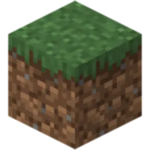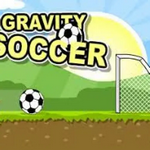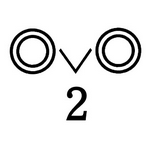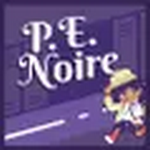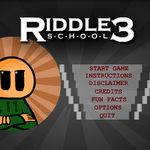
we become what we behold Unblocked
## We Become What We Behold: A Game of Reflection and Identity
We Become What We Behold isn't just a game; it's a mirror reflecting the player's own biases and the insidious nature of societal influence. This unique title, blending narrative adventure with psychological horror elements, forces players to confront the uncomfortable truths behind their perceptions and the power of observation. Instead of fighting monsters or solving puzzles in the traditional sense, the challenge lies in navigating a world where your choices, fueled by what you see and how you interpret it, directly shape the narrative and the fate of its inhabitants.
The game's unsettling atmosphere is meticulously crafted. A bleak, almost suffocating environment serves as the backdrop for a story centered around a character investigating a series of bizarre occurrences in a seemingly normal town. Unlike many horror games that rely on jump scares, We Become What We Behold employs a slow burn, relying on psychological tension and the creeping dread of uncovering unsettling truths. The unsettling visuals, coupled with a haunting soundtrack, amplify the game's unnerving atmosphere, making it a truly immersive experience.
The core gameplay revolves around observation and interpretation. Players are constantly bombarded with visual and auditory cues, subtle details that might initially seem insignificant. However, these details are crucial; overlooking them can lead to misjudgments with far-reaching consequences. The game cleverly utilizes the player's inherent biases, prompting them to make assumptions based on limited information. These assumptions, often fueled by societal stereotypes and preconceived notions, directly impact the unfolding narrative, leading to multiple branching storylines and vastly different endings.
This mechanic is both the game's greatest strength and its most challenging aspect. The lack of clear-cut right or wrong answers forces players to grapple with moral ambiguity. A seemingly innocent observation can have devastating repercussions, highlighting the weight of our perceptions and the potential for unintended harm. The game actively challenges the player to examine their own biases, prompting reflection on how their worldview shapes their interactions with others.
However, the game isn't without its limitations. The slow pace and emphasis on observation might not appeal to players seeking fast-paced action or immediate gratification. The ambiguity, while a key element of the game's psychological depth, can also be frustrating for those seeking clear-cut answers. The relatively short playtime might also leave some players wanting more.
Despite these minor shortcomings, We Become What We Behold is a powerful and thought-provoking experience. It's a game that stays with you long after the credits roll, prompting continued reflection on the themes of perception, prejudice, and the responsibility that comes with shaping our own narratives and the narratives of others. If you're looking for a game that transcends traditional gameplay mechanics and delves into the darker corners of the human psyche, then We Become What We Behold is definitely worth exploring. Just be prepared to confront your own reflections.












